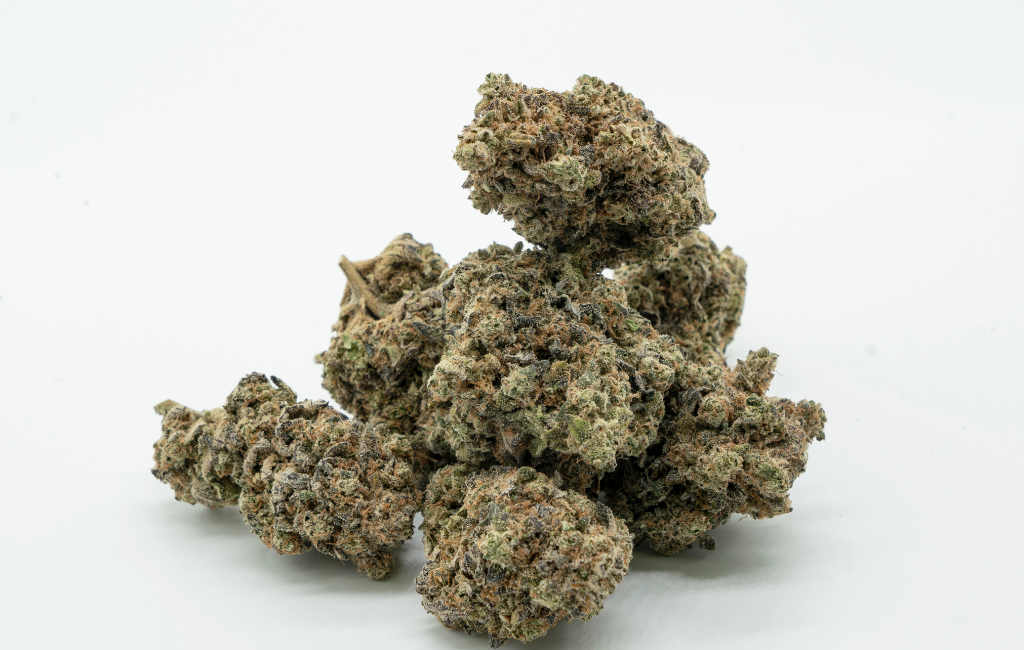The cannabis industry has undergone a remarkable transformation over the past decade. With legalization spreading across various regions, the cultivation of cannabis has evolved from small-scale operations to sophisticated, large-scale farms. This article explores the inner workings of a modern cannabis farm, highlighting the technology, processes, and people that drive this burgeoning industry.
The Evolution of Cannabis Cultivation
Historically, cannabis cultivation was often associated with clandestine operations. Today, it has become a legitimate and highly regulated industry. The shift from illicit to legal has brought about significant changes in how cannabis is grown, processed, and distributed.
From Illicit to Legal
With the legalization of cannabis in many regions, growers have had to adapt to new regulations and standards. This transition has led to the development of state-of-the-art facilities designed to maximize yield and quality while ensuring compliance with legal requirements.
Technological Advancements
Modern cannabis farms leverage cutting-edge technology to optimize every aspect of cultivation. From climate control systems to automated irrigation, technology plays a pivotal role in ensuring consistent and high-quality production.
- Climate Control: Advanced HVAC systems maintain optimal temperature and humidity levels.
- Automated Irrigation: Precision watering systems reduce waste and improve plant health.
- LED Lighting: Energy-efficient lights mimic natural sunlight, promoting growth.
The Anatomy of a Cannabis Farm
A modern cannabis farm is a complex ecosystem, meticulously designed to support the growth and processing of cannabis plants. Each component of the farm plays a specific role in the production process.
Greenhouses and Indoor Facilities
Greenhouses and indoor facilities are the heart of a cannabis farm. These controlled environments allow growers to cultivate cannabis year-round, regardless of external weather conditions. The use of greenhouses also helps in reducing the carbon footprint by utilizing natural sunlight.
Processing and Extraction
Once harvested, cannabis plants undergo processing and extraction to produce various products such as oils, edibles, and concentrates. This stage involves sophisticated machinery and techniques to ensure purity and potency.
- Drying and Curing: Proper drying and curing enhance flavor and potency.
- Extraction: Techniques like CO2 extraction yield high-quality concentrates.
- Packaging: Products are packaged in compliance with safety and labeling regulations.
The Role of Data and Analytics
Data-driven decision-making is at the core of modern cannabis farming. By analyzing data collected from various stages of cultivation, farmers can make informed decisions to improve yield and quality.
Monitoring and Optimization
Sensors and IoT devices provide real-time data on plant health, environmental conditions, and resource usage. This information is crucial for optimizing growth conditions and identifying potential issues before they become problematic.
Predictive Analytics
Predictive analytics tools help farmers forecast yields and plan for future production cycles. These tools can identify trends and suggest adjustments to cultivation practices by analyzing historical data.
Case Studies: Success Stories in Cannabis Farming
Several cannabis farms have set benchmarks in the industry through innovation and sustainable practices. These case studies highlight the diverse approaches to modern cannabis cultivation.
Case Study 1: Eco-Friendly Practices
A farm in California has implemented eco-friendly practices by using solar panels and rainwater harvesting systems. This approach not only reduces operational costs but also minimizes environmental impact.
Case Study 2: Vertical Farming
An urban cannabis farm in Canada utilizes vertical farming techniques to maximize space and increase yield. By stacking plants in layers, the farm can produce more cannabis per square foot than traditional methods.
The People Behind the Plants
Behind every successful cannabis farm is a team of dedicated professionals. From horticulturists to quality control experts, each member plays a vital role in the production process.
Horticulturists
Horticulturists are responsible for the health and growth of cannabis plants. Their expertise in plant biology and cultivation techniques ensures that plants reach their full potential.
Quality Control Experts
Quality control experts oversee the testing and inspection of cannabis products. They ensure that products meet safety standards and are free from contaminants.
Challenges and Opportunities
The cannabis industry faces several challenges, including regulatory hurdles and market competition. However, these challenges also present opportunities for innovation and growth.
Regulatory Compliance
Navigating the complex web of regulations can be daunting for cannabis farmers. Staying compliant requires constant vigilance and adaptation to changing laws.
Market Competition
As more players enter the market, competition intensifies. Successful farms differentiate themselves through quality, branding, and customer experience.
Conclusion
The modern cannabis farm is a testament to the industry’s rapid evolution and growth. By embracing technology, data, and sustainable practices, these farms are setting new standards for cultivation and production. As the industry continues to expand, the innovations and insights gained from these farms will shape the future of cannabis cultivation.
